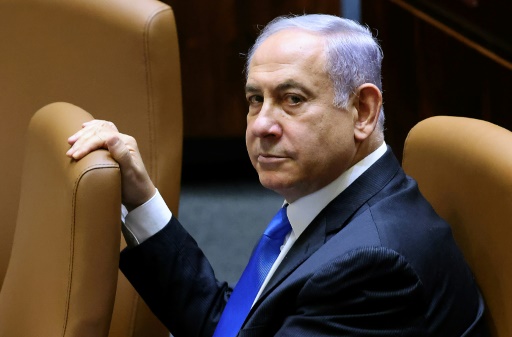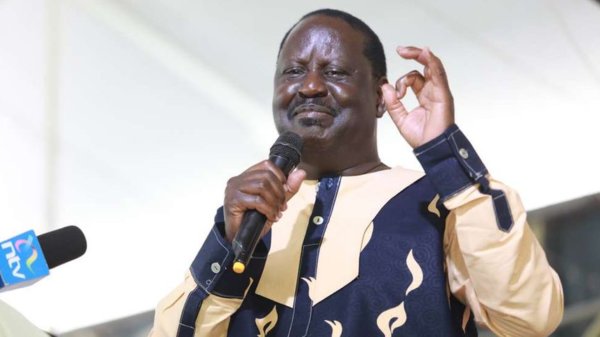Raila Odinga has accused President William Ruto of orchestrating his removal from his position as the African Union’s High Representative for Infrastructure Development. Odinga stated that Ruto had made the request during a meeting with the chairperson of the African Union Commission Moussa Faki on February 17, while attending the 36th Ordinary Session of the Assembly of the African Union in Addis Ababa, Ethiopia. A few days later, Faki announced the end of Odinga’s tenure as AU’s special envoy, leading to speculation that his contract was terminated prematurely.
Odinga, however, denied these reports, stating that he had requested to be relieved of his duties earlier due to pressing national needs. He clarified that he had informed Faki about his intention to vacate the office during a meeting in Senegal three weeks prior to the announcement of the discontinuation of his role. He also dismissed claims that his removal was due to his activism and political demonstrations in Kenya, which had been cited by some officials, including Deputy President Rigathi Gachagua.
The incident has sparked a political debate in Kenya, with supporters and opponents of Odinga expressing their views on social media and in public forums. Some have criticized Ruto and his alleged interference in AU affairs, while others have accused Odinga of neglecting his responsibilities as a high-ranking African Union official. The situation has also raised concerns about the extent of political influence in international organizations and the possible consequences of such interference.
Overall, the controversy surrounding Raila Odinga’s removal from the African Union’s High Representative for Infrastructure Development position highlights the delicate balance of power and diplomacy in international affairs. The incident may also have implications for Kenya’s domestic politics, as Odinga is expected to play a significant role in the upcoming presidential elections.



































































